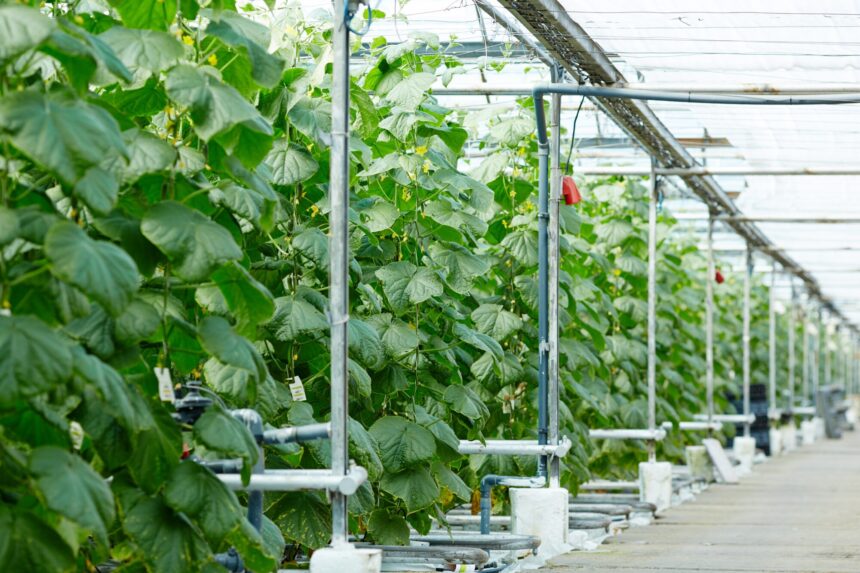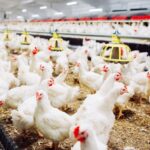In South Africa, smallholder farmers face numerous challenges, from erratic rainfall patterns to limited resources. Efficient water management is critical to their success, especially given the country’s water scarcity issues. Smart irrigation technology has emerged as a game-changer, helping small-scale farmers optimize water use while improving crop yields. Here are 10 benefits of adopting smart irrigation systems for South African smallholders.
1. Water Conservation
Smart irrigation uses sensors and automated controls to deliver precise amounts of water based on soil moisture and weather conditions. This prevents overwatering and water wastage, which is crucial in water-scarce regions across South Africa.
2. Increased Crop Yields
By ensuring crops receive the right amount of water at the right time, smart irrigation promotes healthier plant growth, leading to improved yields and better-quality produce.
3. Reduced Labor Costs
Automated irrigation systems reduce the need for manual watering, saving farmers time and labor costs, allowing them to focus on other critical farm activities.
4. Cost Savings
Efficient water use means lower water bills and reduced energy consumption for pumping water, leading to overall cost savings for smallholders.
5. Adaptation to Climate Change
Smart irrigation systems adjust watering schedules based on real-time weather data, helping farmers adapt to changing climate patterns and unpredictable rainfall.
6. Soil Health Preservation
Overwatering can lead to soil erosion and nutrient runoff. Smart irrigation maintains optimal soil moisture levels, preserving soil structure and fertility over time.
7. Enhanced Crop Management
Data from smart irrigation systems provide valuable insights into crop water needs, enabling farmers to make informed decisions and improve overall farm management.
8. Scalability and Flexibility
Smart irrigation solutions can be tailored to suit different farm sizes and crop types, making them accessible for a variety of smallholder operations.
9. Environmental Benefits
By reducing water waste and minimizing runoff, smart irrigation contributes to the conservation of local water bodies and ecosystems.
10. Increased Resilience and Sustainability
Efficient water management supports long-term farm productivity, helping smallholders build resilience against droughts and water shortages common in South Africa.
For South African smallholder farmers, smart irrigation offers a practical and effective way to tackle water scarcity, improve crop performance, and enhance farm sustainability. Investing in these technologies can transform small-scale farming into a more profitable and environmentally friendly enterprise, ensuring food security and livelihoods for rural communities.
Join 'Farmers Mag' WhatsApp Channel
Get the latest Farming news and tips delivered straight to your WhatsApp
CLICK HERE TO JOIN






